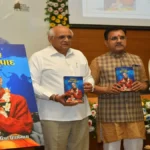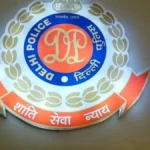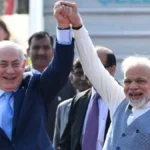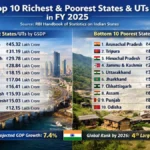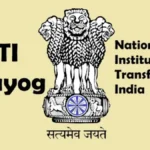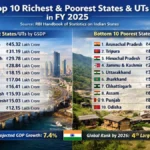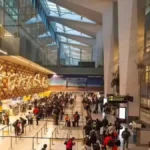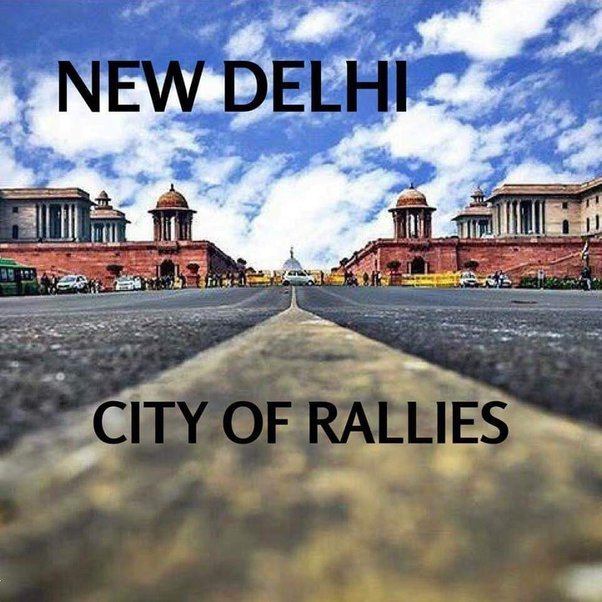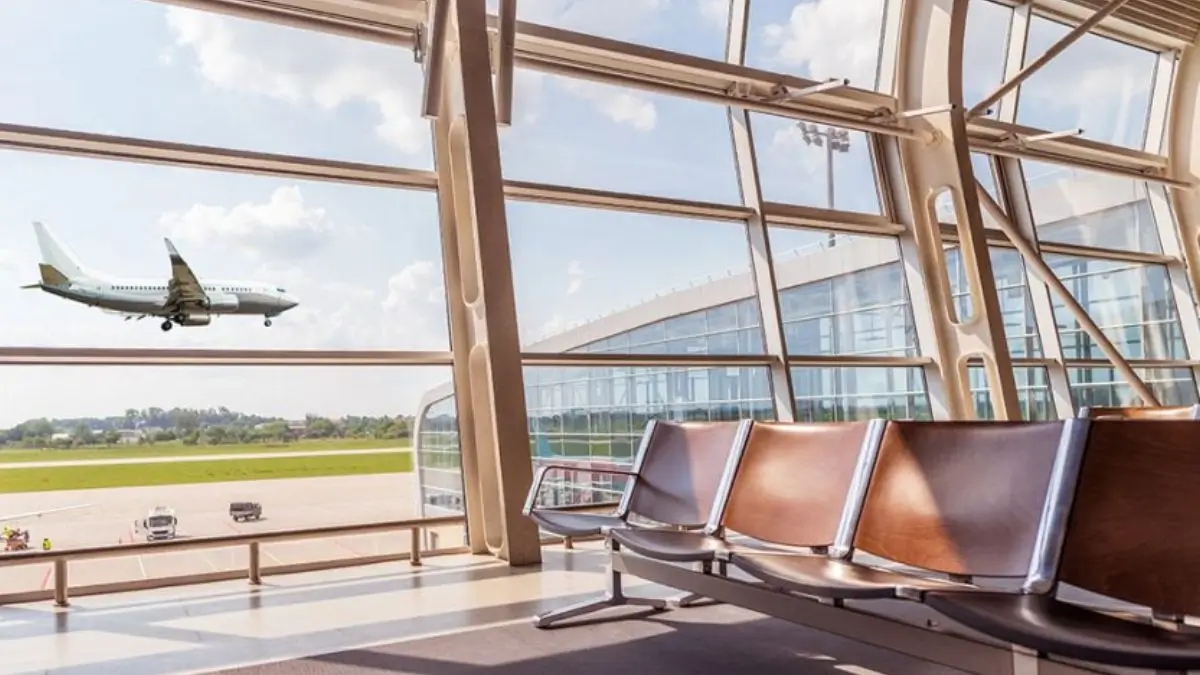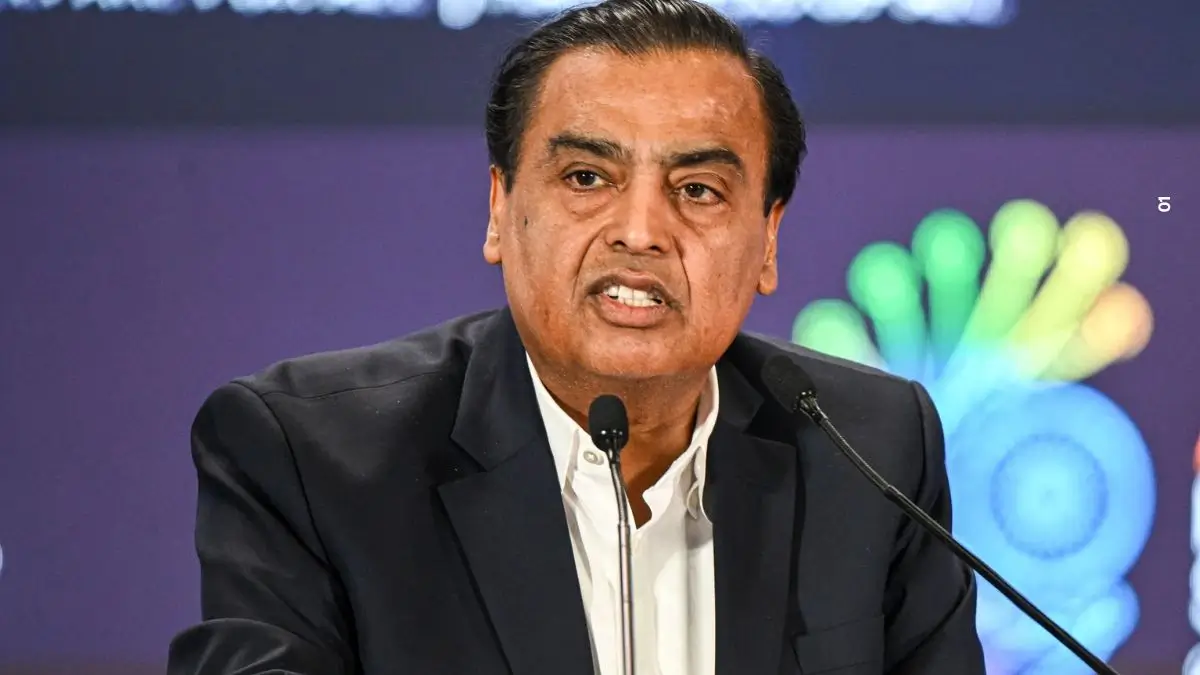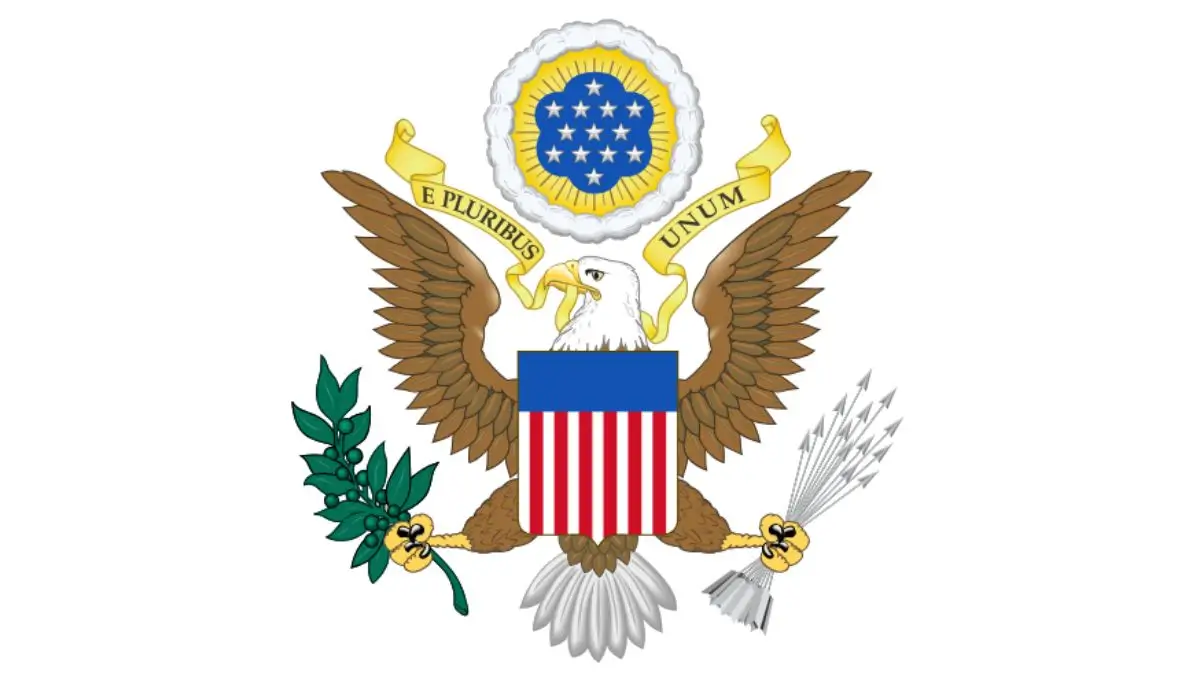Exploring the City of Rallies in India
India is a land of diverse cultures, languages, and traditions. It’s a nation known for its rich history and vibrant celebrations. One such celebration is the city of rallies, where people from different walks of life come together to voice their opinions and celebrate their identity. In this article, we will uncover the essence of this unique city and its significance in the Indian context.

Why this News is Important:
The Significance of Rallies in Indian Society: Rallies and protests have been an integral part of India’s socio-political landscape. They serve as a platform for citizens to express their grievances, advocate for change, and celebrate their cultural heritage. These gatherings often shape public opinion and influence policy decisions.
Prominent Cities of Rallies: Several cities in India are known for hosting massive rallies and events. These gatherings are not just about political demonstrations but also about celebrating various festivals, religious processions, and cultural events.
Historical Context:
The Tradition of Rallies in India: The tradition of rallies and processions dates back centuries in India. Historical events, such as the Dandi March led by Mahatma Gandhi during the Indian independence movement, have left an indelible mark on the significance of rallies in India. These events have often symbolized the collective strength and determination of the Indian people.
Cities Steeped in Tradition: Cities like Delhi, Kolkata, Varanasi, and Amritsar have a rich history of hosting rallies. From political rallies to religious processions like the Kumbh Mela in Allahabad (Prayagraj), these cities have witnessed the convergence of diverse cultures and beliefs.
Key Takeaways from “City of Rallies in India”
| Serial Number | Key Takeaway |
|---|---|
| 1 | Rallies in India serve as a platform for diverse expressions and celebrations. |
| 2 | Historical events like the Dandi March have played a significant role in shaping the tradition of rallies. |
| 3 | Prominent cities like Delhi, Kolkata, and Varanasi are known for hosting massive rallies and events. |
| 4 | Rallies in India can encompass political demonstrations, cultural celebrations, and religious processions. |
| 5 | These gatherings often influence public opinion and contribute to policy decisions in the country. |
Important FAQs for Students from this News
Q1: What is the significance of rallies in India?
A1: Rallies in India serve as platforms for diverse expressions, celebrations, and voicing grievances.
Q2: Which historical event significantly influenced the tradition of rallies in India?
A2: The Dandi March led by Mahatma Gandhi during the Indian independence movement played a crucial role in shaping the tradition of rallies.
Q3: Name some prominent cities in India known for hosting massive rallies and events.
A3: Delhi, Kolkata, Varanasi, and Amritsar are some cities known for hosting significant rallies and events.
Q4: What do rallies in India encompass apart from political demonstrations?
A4: Rallies in India can include cultural celebrations, religious processions, and various forms of public gatherings.
Q5: How do rallies in India influence public opinion and governance?
A5: These gatherings often shape public opinion and contribute to policy decisions in the country.
Some Important Current Affairs Links



